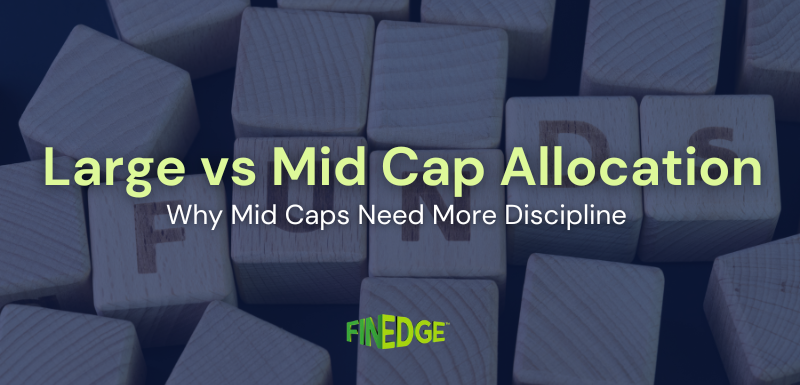Post Recategorization: Which Debt Mutual Fund is

Read this blog to know the correct debt mutual fund. Debt Mutual Funds are divided in 16 different categories so many investors are confused. To know more, visit us now!
While AMFI’s impactful “Mutual Funds Sahi Hai” campaign had new investors rushing to Asset Management Companies in droves last year, the recent move to recategorize Mutual Fund Investment schemes has resulted in some degree of confusion among the same people. With Debt Mutual Funds being divided into 16 different categories, many investors are confused about which type is “sahi” for their personal requirements! We’ll try to simplify your decision.
For short-term Investors or Low-Risk Takers
The regulator has made a smorgasbord of options available for short-term investors with low-risk appetites! Those who have a time horizon of less than a year should ideally match their intended time horizon for investing with the “duration” of a fund. The choices available are as follows: overnight funds (1 day), liquid funds (91 days), ultra-short duration (3-6 months), low duration (6-12 months) and money market (~ 1 year) funds. In other words, a debt mutual fund investor with a 3-month time horizon should stick with a liquid fund, whereas one with a 9-month horizon may opt for a “low duration” fund, and so on and so forth.
For Short to Medium-Term Investors With Moderate Risk Appetites
Short to Medium Term Investors, defined as those who have a time horizon of more than a year to around 3 years, can choose from a different set of duration-based funds. Those who would like to invest for a year or two can go for short duration funds that will run with a duration of 1-3 years, whereas those with time horizons or around 3 years can opt for medium duration funds that will run with an average duration of 3-5 years. Moderate risk takers with a time horizon of 2-3 years may also opt for Corporate Bond Funds or Banking & PSU debt funds, both of which are the moderate risk in nature.
For long-term Investors who can Stomach Higher Volatility
Some Debt Mutual Fund investors invest with a time horizon of 3 years or even more. Not just does this make their investment returns vastly more tax efficient – such a time horizon also allows them to take on a slightly higher element of risk compared to shorter-term investors. Slightly savvier investors who have a deeper understanding of fixed income markets, may go for a judicious mix of Credit Risk Funds (that invest predominantly into less than AA rated bonds), Medium to Long or Long-Term Debt Funds (that have durations of 5 years and above), and even 10-year constant maturity Gilt Funds (that have a high interest rate risk). All these funds have the potential to earn double-digit returns in conducive scenarios.
Your Investing Experts
Relevant Articles
When Is the Right Time to Start Investing for Your Goals?
When is the right time to start investing for your goals? Many believe the answer depends on market stability, income comfort, or economic certainty. In reality, the right time is when your goals are clear and you are prepared to act with discipline. Wealth is rarely created by waiting. It is built through consistent participation guided by a defined investment process.
How to Adjust Your Investments After a Salary Raise
A salary hike is more than a pay revision, it is an opportunity to realign your financial direction. The smartest response to higher income is not immediate lifestyle expansion, but a structured review of your goals, debt position, and investment contributions. When handled thoughtfully, each raise can accelerate wealth creation rather than simply increase monthly expenses.
Why Mid-Cap Allocation Needs More Discipline Than Large Cap
Mid-cap allocation demands more discipline than large cap because it comes with sharper market swings. While mid caps offer higher long-term growth potential, they also test investor patience during downturns. The key is not choosing one over the other, but understanding how each behaves across market cycles.
.png)
.png)

